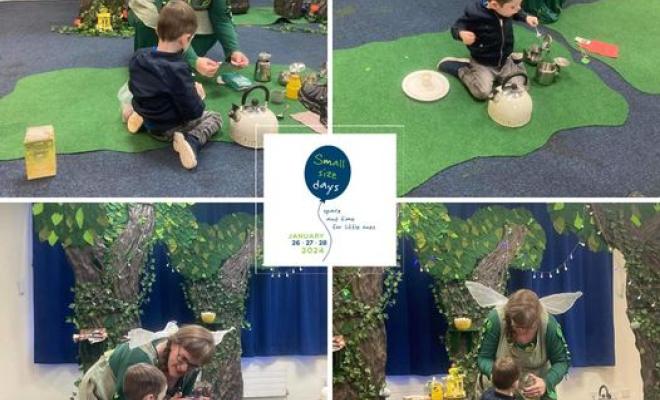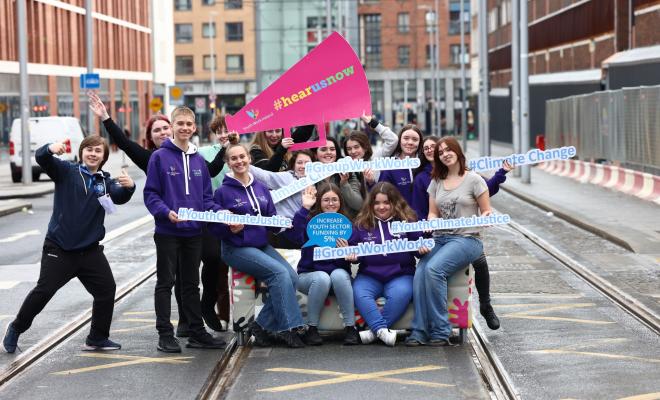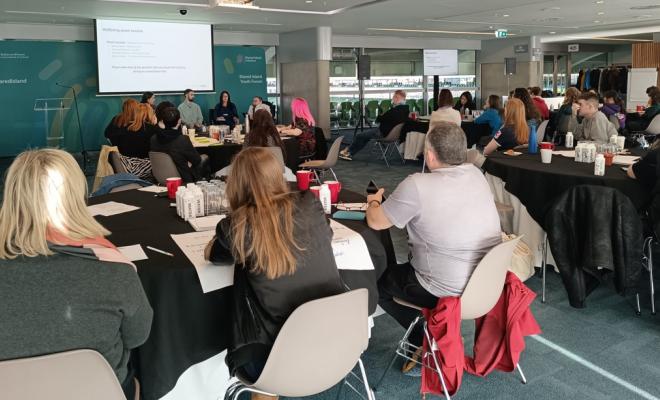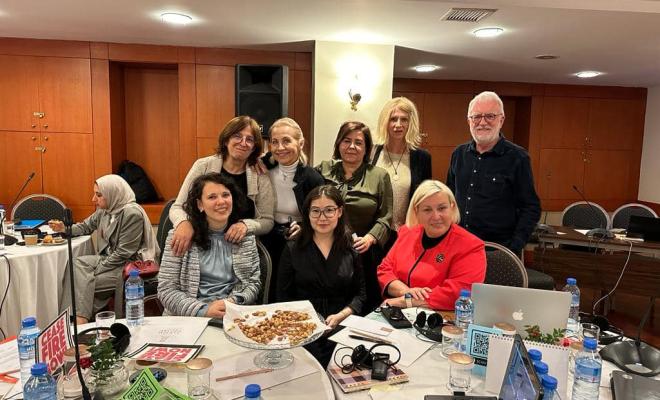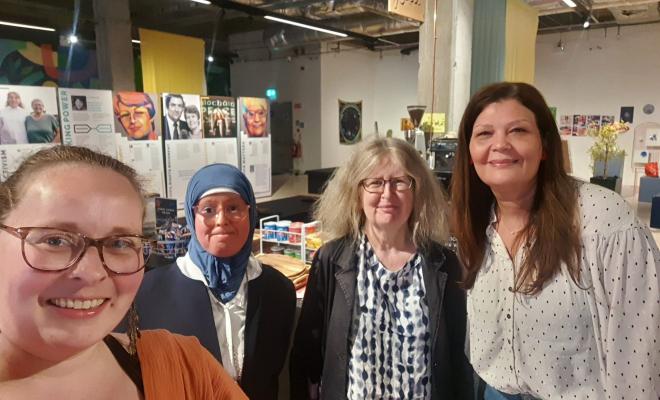Ireland’s ALF Network currently comprises 60 member organisations with a good geographical spread. Broadly speaking they can be classified as arts organisations, educational establishments, youth organisations, interfaith organisations and organisations promoting peace and reconciliation.
The Vision
The vision of the Irish ALF Network is a collective response to key areas of expertise and interest. These include: sport, interfaith dialogue, counteracting hate speech, education, youth work as well as arts and culture all of which encompass intercultural dialogue.
Achievements of the Irish Network
Many of the network members have worked collaboratively over the duration of the network and have participated in cross border initiatives including activity "Art as an Instrument and Expression of Social Change” in Taroudant, Morocco (2014); “Non-formal and Intercultural Education in the Mediterranean” in Tarragona, Spain (2015).
Future plans and aspirations
Particularly during the global pandemic of 2020-2022, the Irish ALF network is actively seeking to recommence a more proactive series of activities especially around formal and informal learning, gender, peace and reconciliation, racism and hate speech, sports as well as intercultural dialogue (including migration).
Distinctive features of the network
There is a consistent and overwhelming support and wish for the Irish ALF network to collaborate both within Ireland and beyond with our ALF network across the membership. This has been a distinctive feature of the network.
Dublin Castle, Dublin 2
Dublin
Ireland
20 Ashdene South Douglas Road
Cork
Co. Cork
T12T6NY
Ireland
The first Head of the Irish Network, Dublin City University, Centre for International Relations, was appointed by the Ireland Department of Foreign Affairs. The network was established from 2005 onwards. In 2010 the members elected their own Head and have done so since then. Triskel Arts Centre was elected in 2010 and their mandate was endorsed at every subsequent election when they ran unopposed. It was agreed in 2019 that the Network would be coordinated by two co-Heads: Triskel Arts Centre and Chester Beatty. At a meeting of the network in March 2022,Chester Beatty Dublin, with Head of Education Jenny Siung as coordinator, was elected unopposed as head of the network. Counterpoint System based in Cork, was chosen as co-head, with Nadia Moussed as coordinator.
